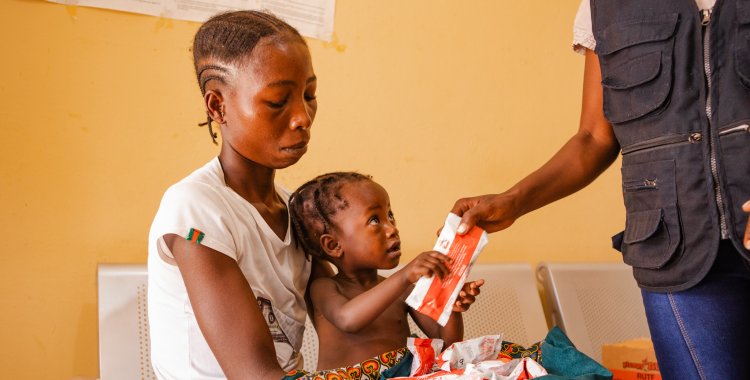According to the Unicef statement, weather conditions related to the El Niño phenomenon, including extremely low rainfall, made Lesotho become the most recent country to declare a state of national food catastrophe, following similar declarations by Botswana, Malawi, Namibia (country that borders Angola), Zambia and Zimbabwe (country that borders Mozambique).
"The humanitarian needs that children face due to El Niño are extremely worrying", said Unicef regional director for Eastern and Southern Africa, Etleva Kadilli.
"Increased food insecurity and malnutrition, challenges in accessing clean water and sanitation, as well as the risks of outbreaks of diseases such as cholera, constitute a serious threat", she said.
In Lesotho, Malawi, Namibia, Zambia and Zimbabwe, 7.4 million children live in child food poverty – of which more than two million survive on extremely poor diets that include, at most, two food groups, said the United Nations agency.
"This situation is now worsened in much of Southern Africa due to drought. Communities have lost crops and livestock due to lack of pasture and water", she said.
Vulnerable children are heavily affected by climate shocks in Southern Africa, which drastically reduce the quantity, diversity and quality of food available, negatively affect child care and disrupt access to clean, safe water, exposing to potentially deadly childhood illnesses, including diarrhea, she explained.
"Investment and innovation in building the resilience of families and society are vital", according to Unicef.
For the UN agency, "structures that remain fit for future purposes, including diverse food systems, clean water, sanitation services, climate-informed education and climate-sensitive healthcare, must be prioritized, along with safeguarding essential services and systems for children to ensure quality and uninterrupted access".







